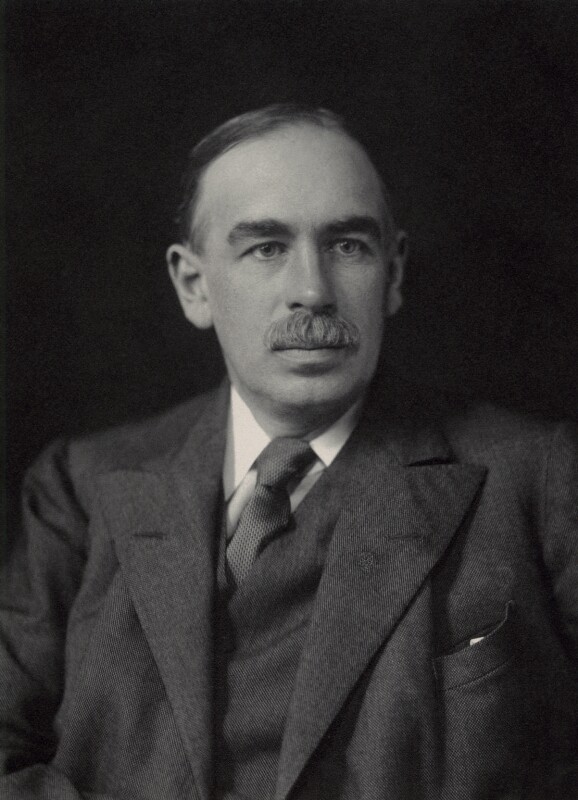Liberty Matters
The Spread of Ideas
 In “Does the Structure of Production Apply to Ideas?” Jeffrey Tucker rightly points out that the consumption of ideas is nonrivalrous. My thinking about classical liberalism, e.g., does not interfere with anyone else’s thought of it. “A good is either rivalrous in ownership and control or it is not. It either has to be reproduced following consumption or not. It either depreciates in its physical integrity or it does not. If I am wearing my shoes now, no one else can wear them at the same time. But if I hold an idea and decide to share it with the world, I can retain my ownership while permitting the creation of infinite numbers of copies. In this sense, ideas evade all the limitations of the physical world.”
In “Does the Structure of Production Apply to Ideas?” Jeffrey Tucker rightly points out that the consumption of ideas is nonrivalrous. My thinking about classical liberalism, e.g., does not interfere with anyone else’s thought of it. “A good is either rivalrous in ownership and control or it is not. It either has to be reproduced following consumption or not. It either depreciates in its physical integrity or it does not. If I am wearing my shoes now, no one else can wear them at the same time. But if I hold an idea and decide to share it with the world, I can retain my ownership while permitting the creation of infinite numbers of copies. In this sense, ideas evade all the limitations of the physical world.”Tucker uses this point to challenge David Hart’s application of the structure of production to ideas. “This is the difference between ideas and scarce property. They are produced and distributed in a completely different way. None of the conditions that cause the structure of production to exist in the physical world actually apply to the world of ideas. Their functioning is radically different.” So different is the world of ideas from production of physical goods, he suggests, that one should not even in a metaphorical sense speak of the structure of production of ideas.
I do not think that nonrivalrousness has the drastic consequences that Tucker suggests. Once an idea has been made public, someone who is aware of the idea does not need to produce it again. He can make use of the existing idea. But someone must first produce the idea, and we can investigate how that came about. Further, once the idea has been produced, the question arises: how was it disseminated? This too requires inquiry.
If this is so, Hart’s structure of production model, for all Tucker has said against it, is still in the running. It may be that new ideas are produced and made available to the public in exactly the way Hart suggested. In my own essay, I claimed that ideas, by contrast with physical goods, need not be produced according to Hart’s model; but what rules out that they at least sometimes are? The fact that an idea need not be invented anew each time it is used and the further fact that the same idea can be simultaneously used by many people have no bearing on the case.
Tucker also says, “An idea is also immortal: the ideas produced by Plato or Einstein are available forever.” Is this so? If people do not become aware of these ideas, and understand them, will they not be forgotten?
Copyright and Fair Use Statement
“Liberty Matters” is the copyright of Liberty Fund, Inc. This material is put on line to further the educational goals of Liberty Fund, Inc. These essays and responses may be quoted and otherwise used under “fair use” provisions for educational and academic purposes. To reprint these essays in course booklets requires the prior permission of Liberty Fund, Inc. Please contact oll@libertyfund.org if you have any questions.